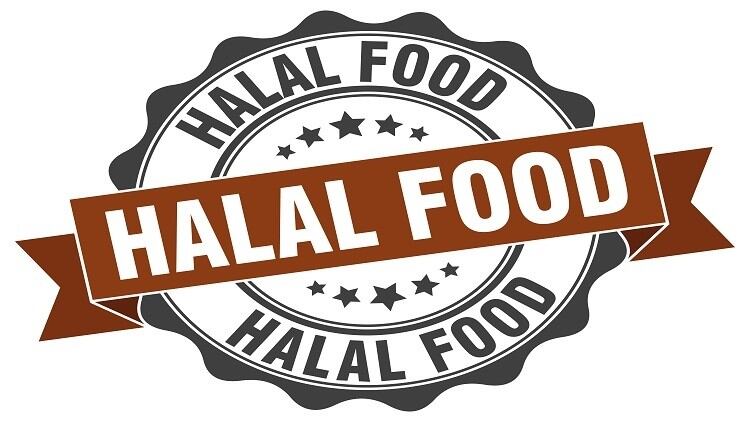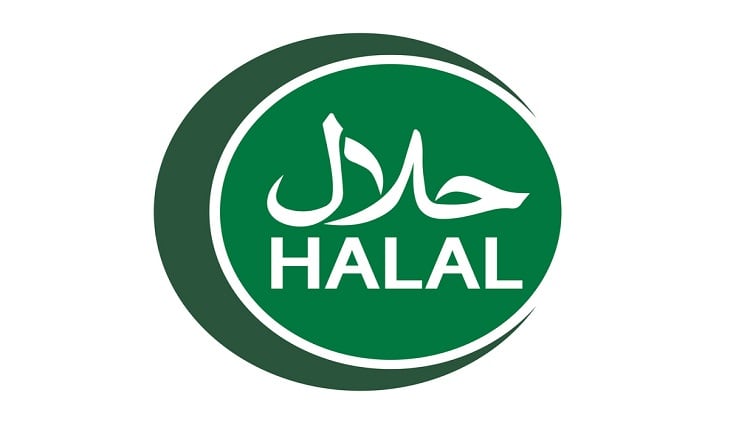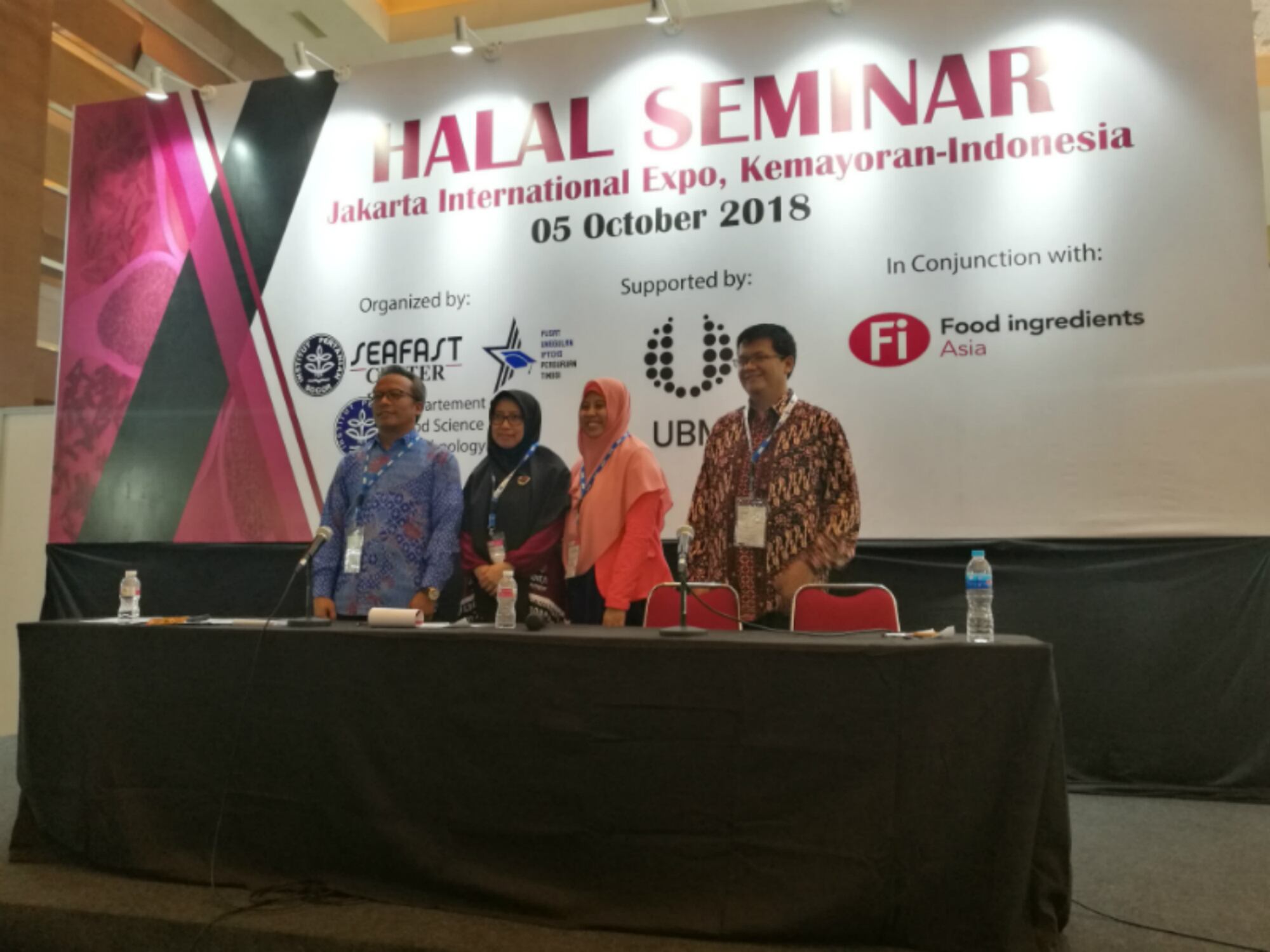Malaysia came in second, behind the United Arab Emirates (UAE), Australia came in sixth, Brunei seventh and Pakistan eighth.
This means that in terms of their halal food ecosystems, all four countries beat out Indonesia, which has the largest Muslim population in the world.
That said, the report added that Indonesia made a significant rise in the halal food list, ‘with a substantial boost in events and press coverage related to halal food driving increased awareness’.
The report calculated metrics and rankings based on the Global Islamic Economic Indicator (GIEI), which ‘evaluates the leading national ecosystems for supporting Islamic economy companies’ and gives a numerical score.
Within this, Malaysia scored 81 points for halal food, just 10 points behind the UAE. Brunei and Pakistan both scored 58 points, and Australia scored an estimated 59 points.
Notable upcoming competitors in the halal food industry are China, Thailand and the Philippines.
China has seen extensive investments in this area, especially geared towards domestic halal food companies.
“Notably, [these include] a US$32.8 million investment by Henan Shuinghui Investment and Development Company into Wuhui Shuanghai Food, and with a AED 1.35 billion investment in the Dubai Halal Food Park, China is positioning itself to be a leading exporter of halal food,” said the report.
“Thailand [has made] important strides in developing a halal regulatory ecosystem, with a world-leading Halal Research Center at Chulalongkorn University, and the Philippines seeking to develop the Asia Halal Center, a 100-hectare processing facility.”
Malaysia was also clinched the overall top spot in the GIEI Top 15 Countries list, scoring 127 points and beating its closest competitor the UAE by 38 points.
Also making it into the GIEI Top 15 list from the Asia Pacific region were Pakistan (8th place, 49 points), Indonesia (10th place, 45 points), Brunei (11th place, 45 points) and Bangladesh (14th place, 32 points).
Halal Food Trade
In 2017, the value of halal food trade reached US$1.3tn, a number which is expected to rise by over 42% to US$1.9tn by 2023.
Unsurprisingly, Indonesia was found to be the world’s top spender in terms of halal foods at US$170bn.
From APAC, other top spenders included Pakistan (3rd place, US$118bn), Bangladesh (5th place , US$76bn) and India (10th place, US$38bn).
Halal certification system alignment lacking
Another main point of focus in the report revolved around halal certification, and the lack of global alignment around it.
As per the report, the lack of international alignment for the global halal certification system is increasing costs for manufacturers as well as added complexity.
“Halal certification is a necessary operational step to addressing Muslim needs, but remains a challenging, complex process,” said the report.





